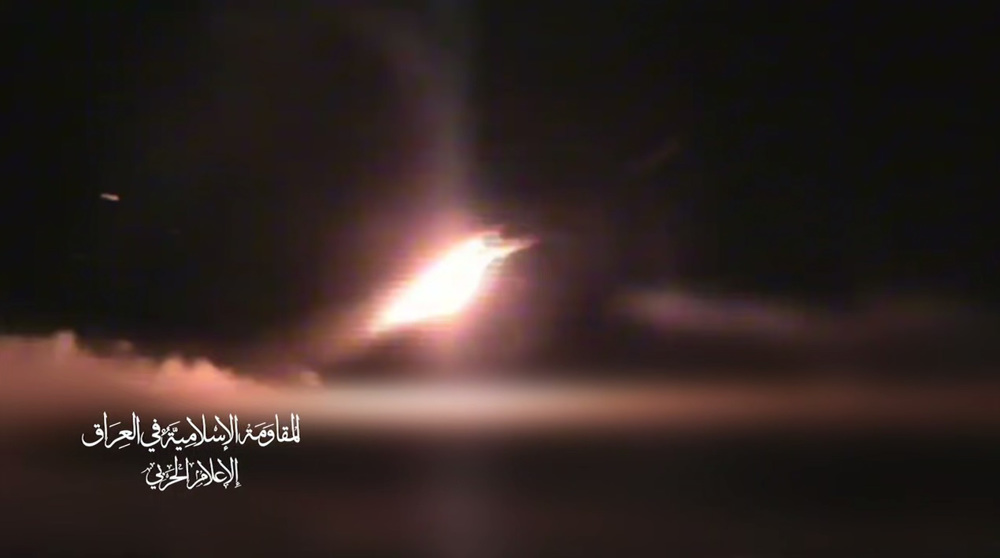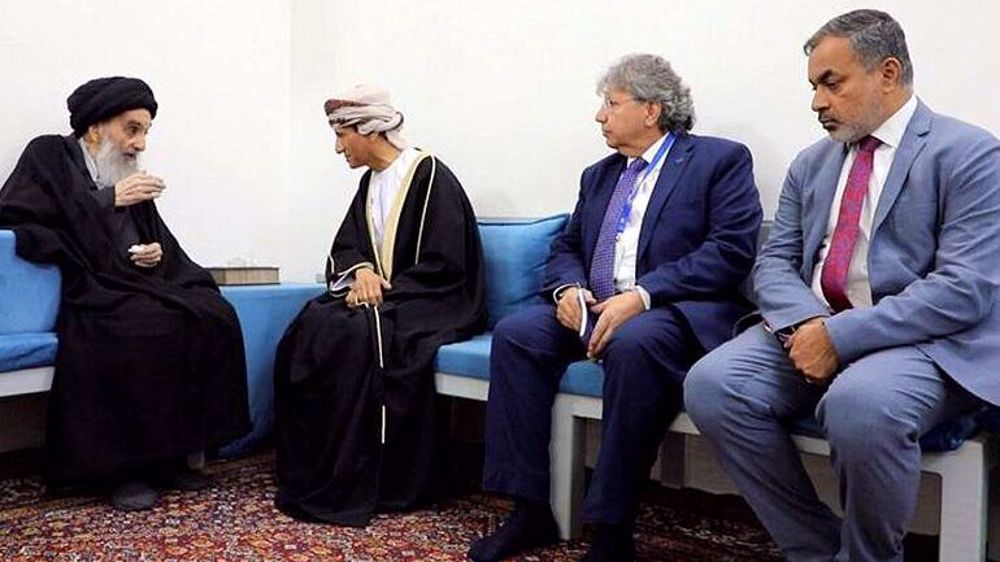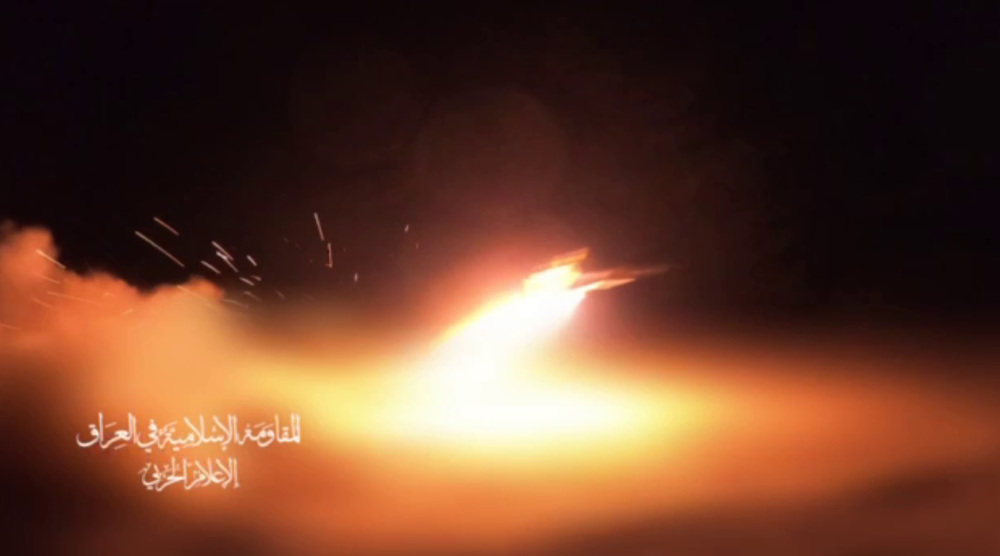Iraq war inquiry not to 'shy away' from criticism
Sir John Chilcot, whose inquiry report about the British government's role in the 2003 invasion of Iraq will be published on Wednesday, says he is not afraid to criticize those in charge during the war in the report.
“I made very clear right at the start of the inquiry that if we came across decisions or behavior which deserved criticism then we wouldn’t shy away from making it. And, indeed, there have been more than a few instances where we are bound to do that,” Chilcot said in an interview on Tuesday.
The Iraq Inquiry, also referred to as the Chilcot Inquiry, consisting of a 2.6-million-word report, was established in 2009 to probe the involvement of Britain in the war and its aftermath that saw British forces remain in the Arab country for six years.
The report, set to be published after about seven years, analyzes evidence about how the government of former Prime Minister Tony Blair acted before the invasion of Iraq and during the war.
Chilcot noted that any criticism would be supported by careful examination of the evidence, saying, “We are not a court – not a judge or jury at work – but we’ve tried to apply the highest possible standards of rigorous analysis to the evidence where we make a criticism.”

The 77-year-old emphasized that the inquiry was "unprecedented" in scale as his team had looked into 150,000 documents to prepare the report.
"To get to the bottom of what happened over a nine-year period - with all the legal, military, diplomatic, intelligence and political aspects of it - has proved very great," he said.
The main focus of Chilcot’s report is on the commitments Blair gave to then US President George W. Bush and whether the former British premier misled the public over the threat posed by weapons of mass destruction, which later turned out to be non-existent.
Blair told British MPs before invading Iraq that intelligence showed former Iraqi dictator Saddam Hussein had “active”, “growing” and “up and running” nuclear, biological and chemical weapons. Weapons of mass destruction (WMD) were the basis of launching the war.
In 2004, however, a US report said that Saddam Hussein had destroyed his last WMD over a decade earlier and had no capacity to build new ones.

The report would affect the reputation of Blair, his foreign secretary, Jack Straw, and former MI6 chief Richard Dearlove.
Launched by the Bush administration and backed by the UK, the war led to the deaths of more than one million Iraqis.
The invasion plunged Iraq into chaos, resulting in years of deadly violence and the rise of Takfiri terrorist groups like Daesh (ISIL).
Israeli forces kill 7 more Palestinians in West Bank
Israel’s Netanyahu dismisses military affairs minister Gallant
Hezbollah attacks turn Israel’s Haifa into a ghost town
Iran’s FM meets Pakistani PM, discusses bilateral ties, Israeli atrocities
Iran ramps up gasoline output amid rising demand
UK foreign secretary under pressure over denial of genocide in Gaza
VIDEO | Press TV's news headlines
Hezbollah bombards explosives factory in occupied territories










 This makes it easy to access the Press TV website
This makes it easy to access the Press TV website